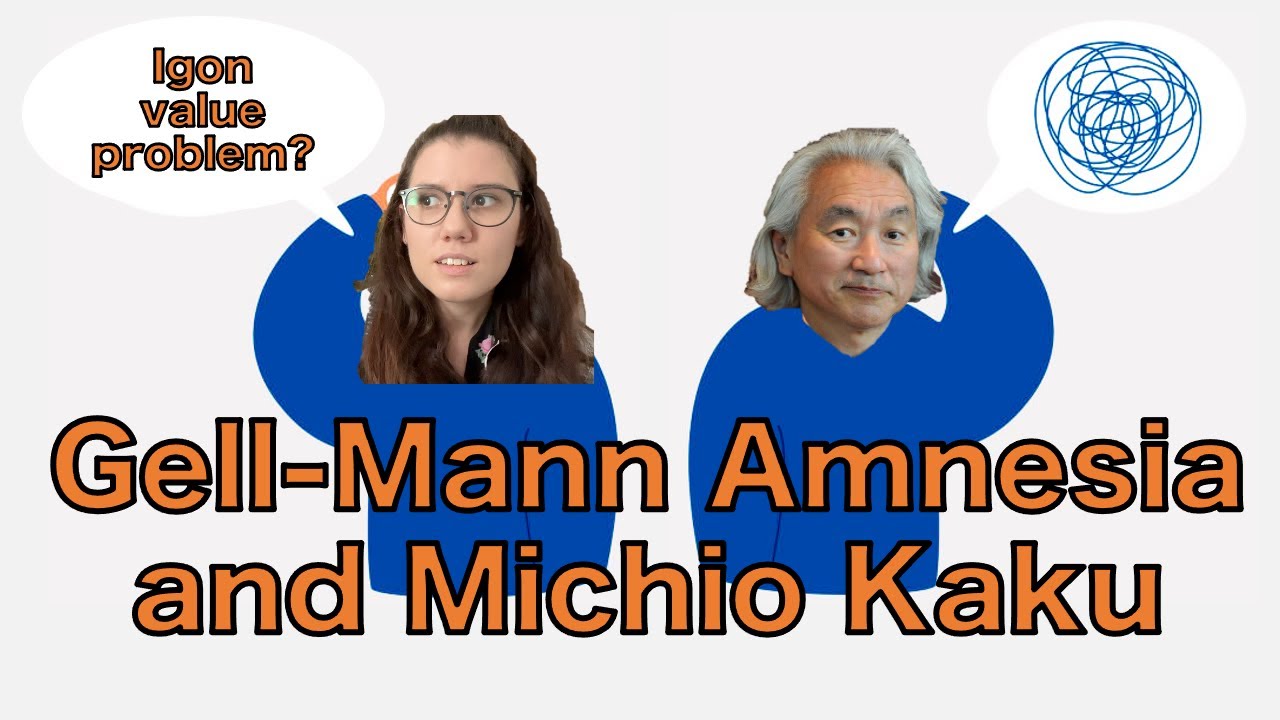he/him
Materials Science PhD candidate in Pittsburgh, PA, USA
My profile picture is the cover art from Not A Lot of Reasons to Sing, But Enough, and was drawn by Casper Pham (recolor by me).
- 15 Posts
- 73 Comments
Report 'em too, if you’re not already! It helps the mods and the admin team find them so that site-wide bans can be issued.

 1·1 year ago
1·1 year agoFor sure. They tend to do a good job communicating tricky science and math concepts as well. They interview experts in a coherent way, tend to take the time to properly set up the background for topics, and the writers there seem to really care about getting things right rather than being sensational. They’re one of my favorite sites for stories about math and science honestly.
I haven’t had a chance to read the article linked in this post yet, but I’ll be sitting in an airport in a few hours (I really need to go to sleep now) and I’ll look forward to reading it then!

 1·1 year ago
1·1 year agoIt seems like you’re working under the core assumption that the trained model itself, rather than just the products thereof, cannot be infringing?
Generally if someone else wants to do something with your copyrighted work – for example your newspaper article – they need a license to do so. This isn’t only the case for direct distribution, it includes things like the creation of electronic copies (which must have been made during training), adaptations, and derivative works. NYT did not grant OpenAI a license to adapt their articles into a training dataset for their models. To use a copyrighted work without a license, you need to be using it under fair use. That’s why it’s relevant: is it fair use to make electronic copies of a copyrighted work and adapt them into a training dataset for a LLM?
You also seem to be assuming that a generative AI model training on a dataset is legally the same as a human learning from those same works. If that’s the case then the answer to my question in the last paragraph is definitely, “yes,” since a human reading the newspaper and learning from it is something that, as you say, “any intelligent rational human being” would agree is fine. However, as far as I know there’s not been any kind of ruling to support the idea that those things are legally equivalent at this point.
Now, if you’d like to start citing code or case law go ahead, I’m happy to be wrong. Who knows, this is the internet, maybe you’re actually a lawyer specializing in copyright law and you’ll point out some fundamental detail of one of these laws that makes my whole comment seem silly (and if so I’d honestly love to read it). I’m not trying to claim that NYT is definitely going to win or anything. My argument is just that this is not especially cut-and-dried, at least from the perspective of a non-expert.

 0·1 year ago
0·1 year agoWell I hear what you’re saying, although I don’t much appreciate being told what I should want the outcome to be.
My own wants notwithstanding, I know copyright law is notoriously thorny – fair use doubly so – and I’m no lawyer. I’d be a little bit surprised if NYT decides to raise this suit without consulting their own lawyers though, so it stands to reason that if they do indeed decide to sue then there are at least some copyright lawyers who think it’ll have a chance. As I said, we’ll see.

 0·1 year ago
0·1 year agoYeah I’ve heard a lot of people talking about the copyright stuff with respect to image generation AIs, but as far as I can see there’s no fundamental reason that text generating AIs wouldn’t be subject to the same laws. We’ll see how the lawsuit goes though I suppose.

 2·1 year ago
2·1 year agoIf you have a USB stick you’re not using you can install Mint on it and boot directly from the USB drive without modifying your actual OS, and see how you like it! The same is true of many other linux distributions if you’d like to explore, but Mint was my own first foray into linux and I think it’s a comfy distro to start off with. I think you’ll be shocked by how snappy it can be on a lower spec machine like that, even running from a USB stick.

 3·1 year ago
3·1 year agoExciting stuff. I’ve long since vowed never to pre-order anything from Bethesda ever again though, so I’ll be waiting to hear what the vibe is once other folks start playing it. Right now it very much seems like it could either be great or disappointing. We’ll see in a couple weeks’ time I s’pose

 11·1 year ago
11·1 year agoI’ve always heard that “organic” farming is really not especially different from conventional farming, including from some folks in agriculture. Like, they still use chemical pesticides and stuff, just different ones that are less effective and so sprayed more heavily.
I don’t have anything to back that up with though, so there’s a reasonable chance you have better info here. I’d be interested to know more if you’ve got standards and such you can share?
The one for dispersion feels fishy; is dispersion really expected to be measured by the square root of length?
Yeah that’s a pretty standard way to do things for all kinds of random walk processes. You don’t pick up error at a constant rate with distance, as you can go either forward or backward and will often be undoing dispersion you’ve already accumulated. The most likely outcome after any distance is always for you to be exactly back where you started. However, as stated in the video, the expectation value of the root-mean-square distance from the origin (i.e. how far from the origin do you end up on average) for a random walker after N steps is the square root of N. There’s a quite good explanation on this page.
If you really dislike having the square root in there you can of course square everything to get rid of it, but at the cost of your other dimension being squared. I’d personally argue that it’s a lot easier to get a physical intuition from the ps/sqrt(km) units (you can expect to pick up dispersion proportional to the square root of the length of your fiber) than from ps^2/km (which to me just looks like inverse acceleration). The latter is valid though. In fact, if you type that into Wolfram it’ll tell you that those units are physically interpretable as the “group velocity dispersion with respect to angular frequency”!
A way that I’ve found to avoid “cursing” units is to always include what they refer to
I actually have a very neglected side project to build a little calculator app that treats units this way, where you can label them to avoid letting them cancel out. I might get some time to work on it in like a month? Or maybe I won’t get around to it until after I graduate, we’ll see 🙃

 1·1 year ago
1·1 year agoI basically have a layman’s perspective here, but just based on the abstract this particular paper doesn’t seem to be challenging the idea of a cosmological constant or the big bang as a thing that happened. Looking at the author’s other works it seems like he’s pretty big on the idea that the values of physical constants may have changed over time, which it seems like is basically his argument here too?
I’ll admit, though, I’ve not heard the phrase “tired light” before this morning, so maybe it’s enough of a red flag to discard the work out of hand. I don’t know.

 6·1 year ago
6·1 year agoInstalled! I’ve been unhappy with my weather app for a little while now, looking forward to giving this one a try! The fact that they’ll use an approximate location is really nice. Thank you for shouting this out!

 5·1 year ago
5·1 year agoThat’s really interesting! I read the abstract but I don’t really follow exactly what it is they’re proposing (and I don’t really expect I would follow even if I tried to work my way through the actual paper). It’ll be interesting to see whether other astronomers and astrophysicists take up this new model or not in the coming years though!

 1·1 year ago
1·1 year agoVery nice! The different orbs have a lot of character!
I wonder how many hundreds of hours I have in that game now… I’ll
/playtimenext time I log in. I’m still in the patches after Shadowbringers, but I’ve also been known to focus more on roulettes and such than actually making progress in the main story
I don’t have hundreds of hours
Don’t start with XIV then!
So what is the most recent game in the series that I can start with that is worth it to play and wouldn’t confuse a newcomer?
All of the FF games – baring the ones that are explicitly sequels, like X2 – are totally separate from each other, you can jump in anywhere. At most you might miss some references or easter eggs.
If you want the most recent then, that’d be XVI, although I’d personally recommend looking up what the gameplay is like in the different games and starting wherever you feel you’ll have the most fun! There are some weirder ones out there, like crystal chronicles (my own first final fantasy game) and tactics, so you have a lot of options!

 2·1 year ago
2·1 year agoI ran an intro game of Lancer for some local friends of mine! It was fun, although I should know by now that a one shot is never a one-shot, especially for players who are new to a system.
Also continued my game of Shadowrun I’ve set in Denver. Had some really interesting character moments that arose from one of the players forgetting that they should have told their in-game family they were going to be away overnight (and me forgetting to have their in-game SO call them to check in…). Advanced the plot right up to just before where I’m planning on introducing the main storyline to the players, very excited for the next time we get to play!

 25·1 year ago
25·1 year agoFlash games will work again? Moving away from NFTs? Well dang, I might just make a new neopets account! Lots of nostalgia there, it’d be cool to mess around with again after all these years.
Not really relevant to the overall thread, but I just learned Nimona exists earlier today while I was checking to see if K.Flay had any new songs out since I last checked! (She does, and it’s one she did for Nimona.) That plus this comment has officially got it on my to-watch list!
I’d sum it up as: 😴☕📝
Can’t wait for my thesis overview to be in the past (hopefully I pass! 🤞)














Sentient, spacefaring bees, according to the article! Not what I was expecting but still, sounds pretty intriguing!